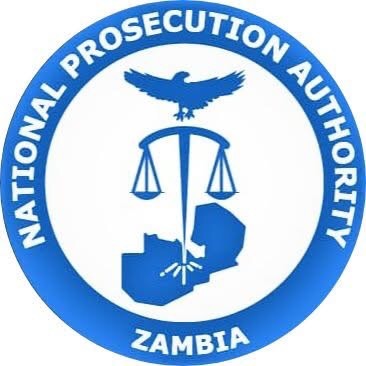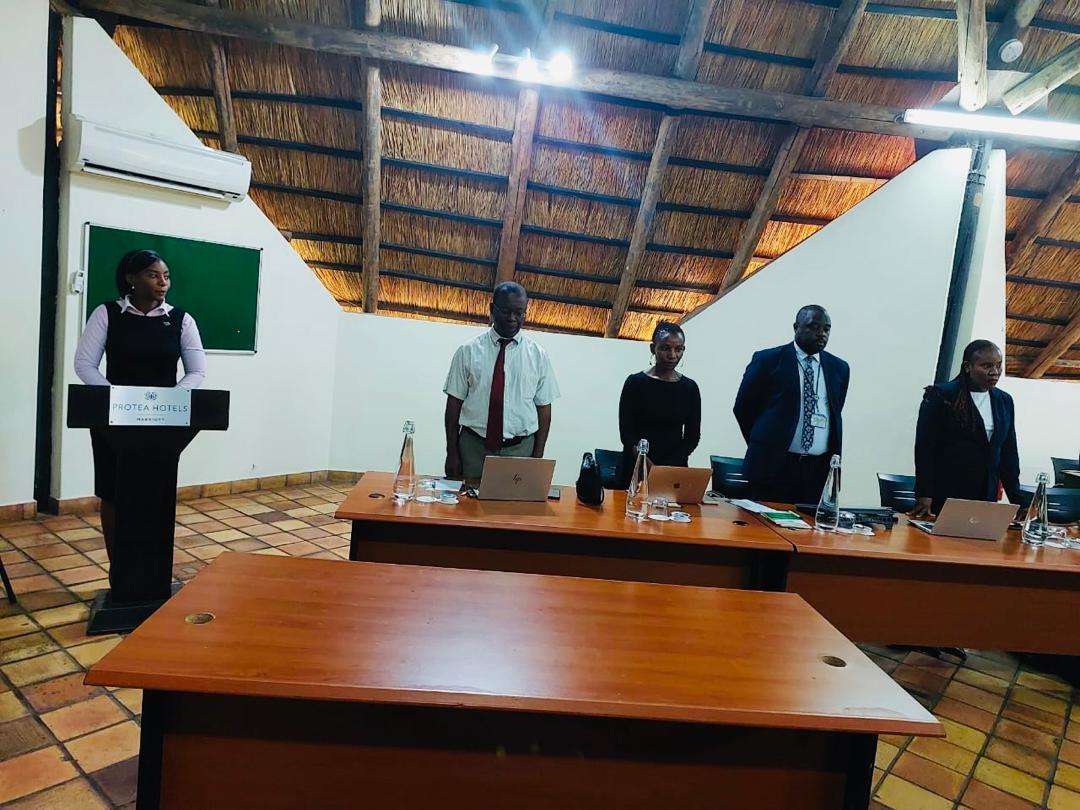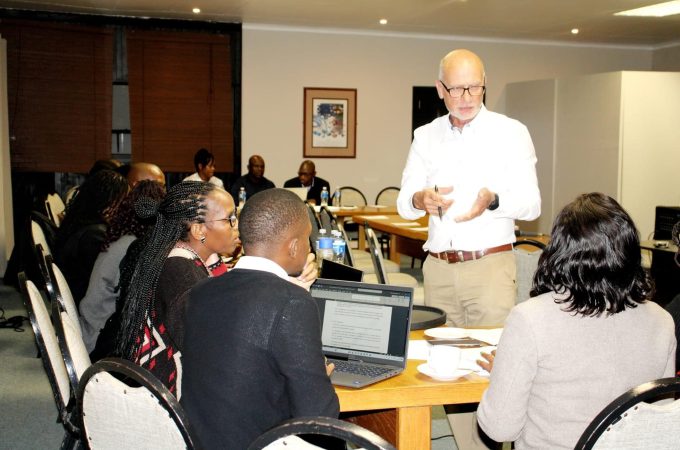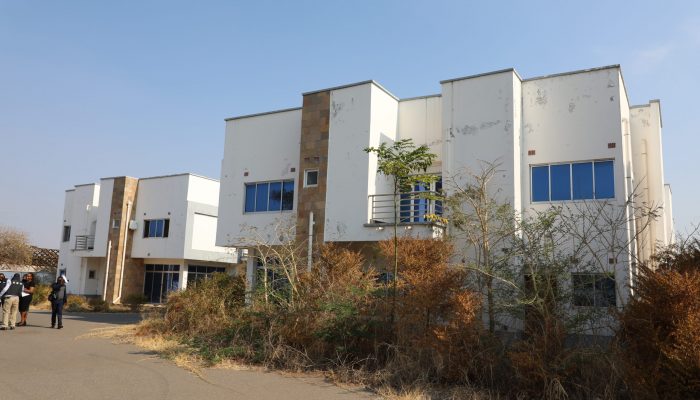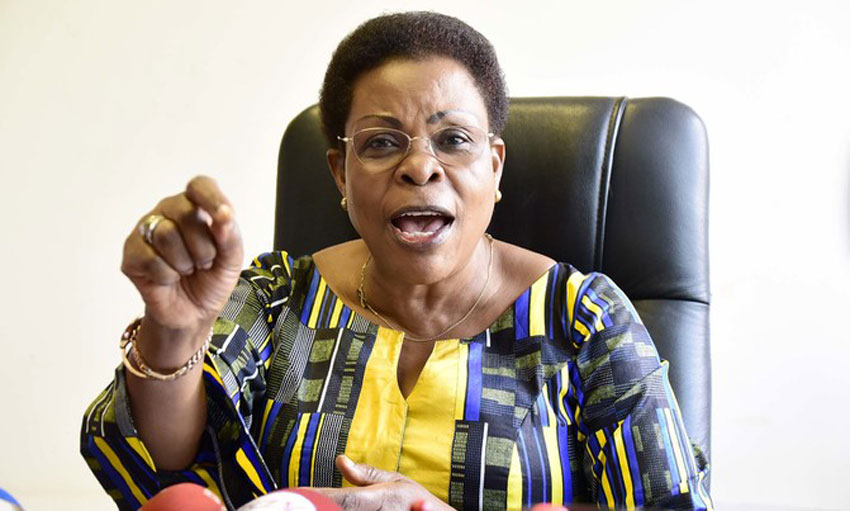ZAMBIA TAKES THE HELM OF SAHOP, WINS ARINSA’S AWARDS OF EXCELLENCE
ZAMBIA has earned recognition for its exemplary leadership in asset recovery, particularly for its development of the 2024 Criminal Assets Recovery Inter-Agency Bureau Bill, and its consistent success in recovering stolen assets.
This was during The Asset Recovery Inter-Agency Network for Southern Africa (ARINSA) 2024 Annual General Meeting (AGM), held from December 4th to 6th 2024, in Kasane, Botswana, on the sidelines of the Southern Africa Heads of Prosecution (SAHOP) Forum.
According to a statement issued to ZANIS by National Prosecution Authority Public Relations Officer, Chali Hambayi, Director of Public Prosecutions (DPP), Gilbert Phiri said that the return of stolen assets is not merely a legal obligation but a moral imperative.
Mr Phiri stressed that it was a critical tool for change, a symbol of justice, and a beacon of hope for communities and future generations.
He therefore urged the Heads of prosecutions services and asset recovery experts to renew their sense of dedication to the shared goals of justice, transparency, and sustainable development.
And Mr Phiri received an award of Excellence on behalf of Zambia for the country’s unrelenting commitment to investigating money laundering cases and recovering illicit assets.
The meeting further endorsed Zambia’s DPP, Gilbert Phiri as the first President of the Southern Africa Heads of Prosecution (SAHOP) Forum, and Makumba Kashishi, Principal State Advocate.
“Zambia also had the honour of assuming the ARINSA’s presidency and will be at the helm of ARINSA’s leadership for two years from 2025,” Mr Hambayi disclosed.
Mr Hambayi said that the Summit resolved to strengthen Mutual Legal Assistance by ensuring that these are quickly processed and agreed to enhance knowledge exchange and to build capacity among prosecutors in the region.
He added that the countries also resolved and pledged to support Zambia’s leadership in the development of best practices for prosecution in the region.
SAHOP Forum was represented by 16-member states namely Angola, Botswana, Democratic Republic of Congo, Eswatini, Lesotho, Madagascar, Malawi, Namibia, Mauritius, Mozambique, Namibia, Seychelles, South Africa, Tanzania, Zambia and Zimbabwe
At the close of the summit, the Directors of Public Prosecutions signed the Kasane Declaration and adopted SAHOP Forum Terms of Reference in which they declared their commitment to strengthening regional cooperation and upholding Human Rights

